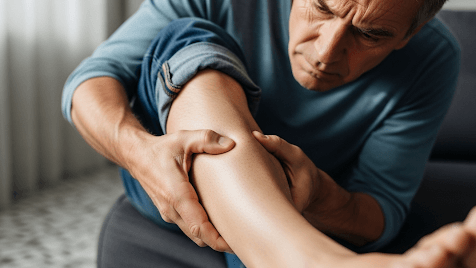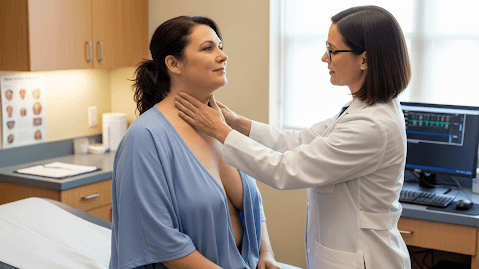
Unveiling the Secrets of Ultraviolet Blood Irradiation
In the realm of alternative medicine, few treatments have sparked as much curiosity as Ultraviolet Blood Irradiation (UBI). Once a celebrated procedure promising numerous health benefits, it has mysteriously faded from mainstream practices. Despite its disappearance, many women are keen to understand its potential impact on health, especially regarding conditions like cancer and the body's vitamin D levels.
Historical Perspectives on UBI
UBI was first introduced in the early 20th century. It gained traction as an innovative method for treating infections and illnesses, including tuberculosis. Proponents hailed it as a revolutionary step in medicine, claiming that exposing blood to ultraviolet light could enhance the immune system and reduce inflammation. Recent studies have begun to revisit its efficacy, exploring its capacity to positively influence chronic conditions and even cancer treatments.
Why Did UBI Fall Out of Favor?
While their efficacy is supported by anecdotal evidence, UBI treatments fell by the wayside as antibiotics and other conventional medical practices took precedence. This shift was largely driven by the availability of pharmaceutical solutions touted for their immediate effectiveness. Additionally, regulatory challenges and a lack of substantial clinical trials to back UBI’s claims left practitioners and patients wary.
The Connection Between UBI and Women's Health
A focus on women's health can unveil the unique challenges they face regarding illness management. With breast cancer, for example, alternative therapies—such as UBI—are appealing because they promise a holistic approach, often with fewer side effects than traditional treatments. Given that women are more likely to seek out holistic health options, understanding UBI's potential benefits can empower them in their health journeys.
Exploring the Vitamin D Connection
Given that vitamin D plays a critical role in overall wellness, its relationship with UBI is worth exploring. Ultraviolet light is known to aid the body in vitamin D synthesis, which is important for bone health, immune function, and even cancer prevention. On rainy days or in areas with limited sunlight, exposure to ultraviolet light, as proposed in UBI, could help women maintain optimal vitamin D levels.
Successful Case Studies: Tales of Healing
While formal studies may be sparse, numerous personal testimonies shed light on UBI’s potential. Women who have undergone UBI treatments report varying degrees of success, some claiming remarkable recovery from cancers or chronic fatigue. By examining these stories, we can grasp the human aspect of health and the alternative methods people are willing to explore when conventional options fall short.
The Future of UBI: A Latent Opportunity
As more individuals turn toward alternative and complementary therapies, the resurgence of interest in UBI is likely. Experts emphasize that modern technology and advancements in medical science could rejuvenate this once-celebrated treatment. As women advocate for more comprehensive health solutions, UBI might find its place in a redefined landscape of health and wellness.
Common Misconceptions about UBI
One prevalent misconception is that UBI is a cure-all solution applicable to every illness. It is crucial to clarify that while UBI may present potential benefits, it should not replace traditional medical treatment. Rather, it can serve as a complementary strategy in a holistic health plan.
Practical Tips for Exploring Alternative Therapies
For women considering UBI or other alternative health strategies, it’s essential to apply due diligence. Research reputable practitioners and facilities offering UBI and seek testimonials from previous patients. Additionally, consultation with healthcare providers ensures that any alternative treatment aligns with one’s overall health strategy.
In conclusion, as the conversation about women’s health evolves, exploring alternatives like Ultraviolet Blood Irradiation could provide new avenues for wellness. For those drawn to holistic solutions, understanding UBI’s potential, backed by personal stories and historical contexts, can inspire informed health decisions.
For more insights into alternative health practices and their applications in daily living, consider subscribing to health newsletters or joining community discussions focused on women's well-being.
 Add Row
Add Row  Add
Add 




Write A Comment